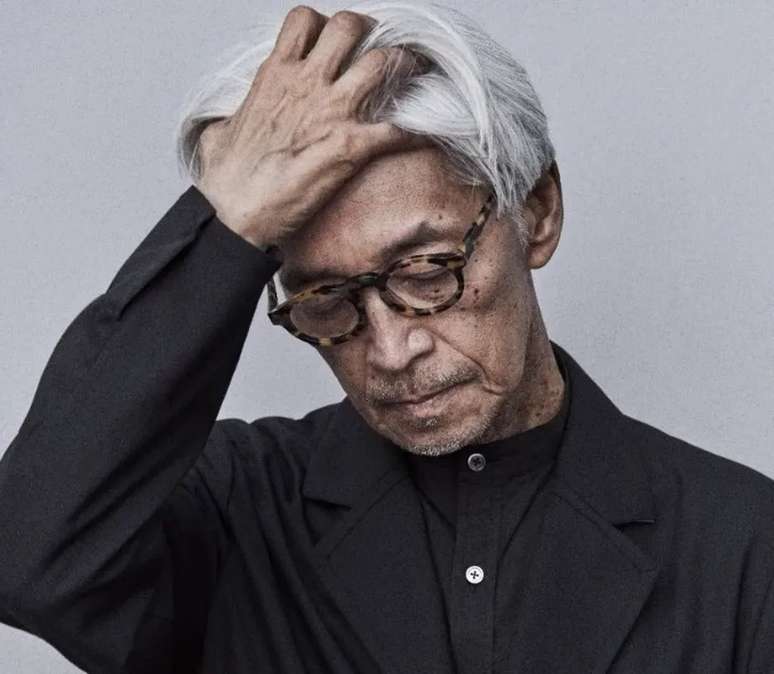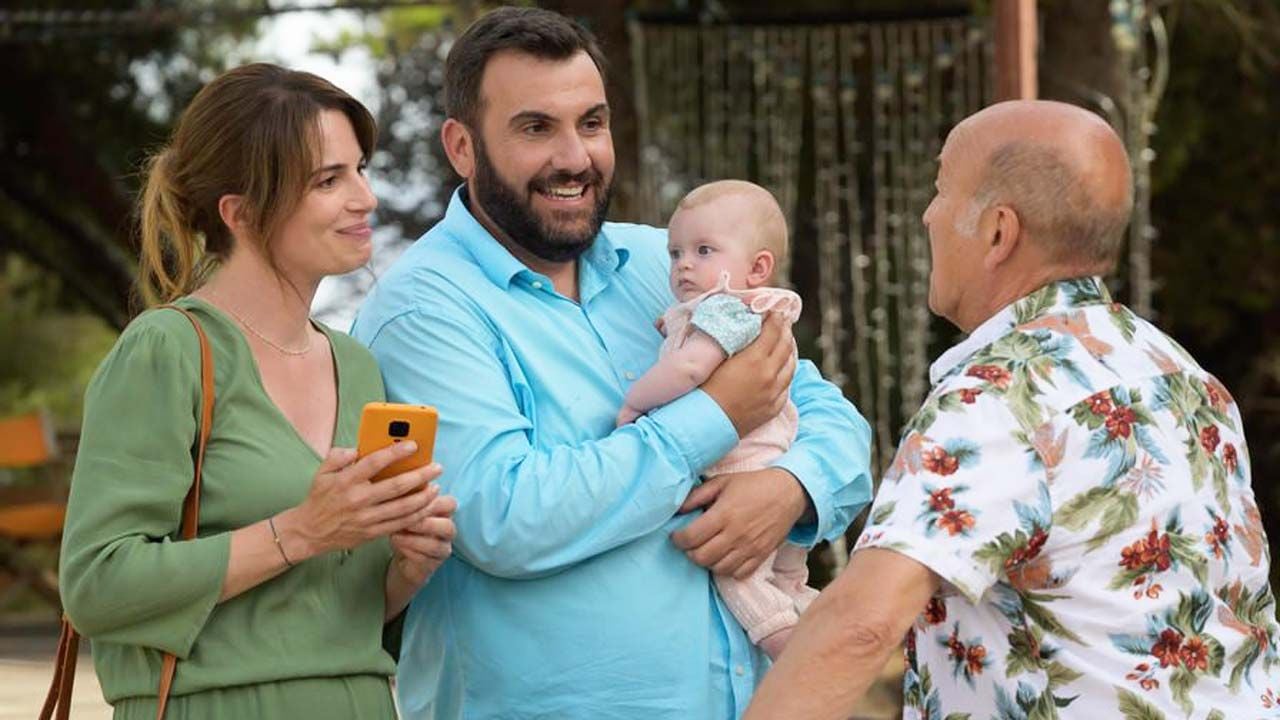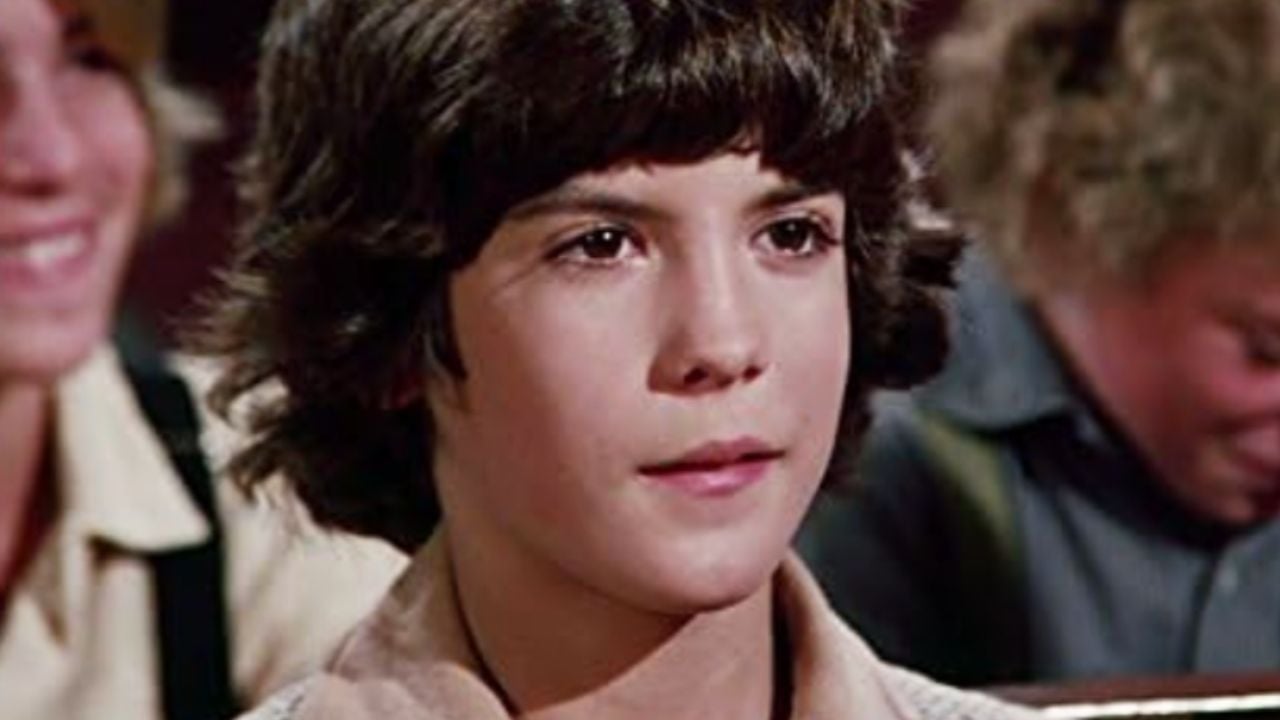The Japanese musician Ryuichi Sakamoto, Oscar winner for “The Last Emperor” (1987), has died at the age of 71. He died on Tuesday (28/3) of cancer, but the announcement was made only this Sunday (2/4) by the record label Avex in a statement on Twitter thanking the medical teams of Japan and the USA and asking that the i fans respect his family’s privacy at this time.
“While dealing with cancer discovered in June 2020, Sakamoto continued to create works in his home studio whenever his health allowed. He lived with music until the very end,” the statement read.
During his career, he has worked on more than 40 films, including ‘The Last Emperor’ (1987), ‘Furyo, in the Name of Honor’ (1983) and ‘The Revenant’ (2015). In addition to the Oscar, Sakamoto has also received two Golden Globes, a Grammy and a BAFTA.
Born in Tokyo in 1952 to a clothing designer and literary editor, Sakamoto grew up surrounded by music, art and culture. He started playing the piano at the age of 3 and attended the same kindergarten famous for its generosity and creativity attended by Yoko Ono.
While studying at Tokyo University of the Arts, he discovered electronic music. Already working as a session musician before earning his master’s degree, Sakamoto became a founding member of the Yellow Magic Orchestra trio in 1978. The group pioneered electronic music and the use of synthesizers, influencing several generations of artists and bands, such as Daft Punk, Aphex Twin and Radiohead, among others.
At the same time, he embarked on a solo career and his 1980 album ‘B-2 Unit’ is considered a watershed. His song “Riot in Lagos”, which blends danceable electronic beats with elements of traditional Japanese music, has had a huge impact on the hip-hop subgenre known as electro and techno, being cited as an influence by artists such as Kurtis Mantronik and Afrika Bambaataa. . Throughout his career, Sakamoto has released over 20 solo albums.
In 1983 he began the activity for which he became most famous, composing the soundtrack for “Furyo, in the Name of Honor” (1983), a film by director Nagisa Oshima set in a Japanese concentration camp during World War II , which stars David Bowie as one of the prisoners. Sakamoto also appeared in the scene as the prison commander alongside Bowie. The theme song, “Forbidden Colors”, ended up becoming a hit, featuring singer David Sylvian, of the British synthpop band Japan.
Sakamoto returned to play an Imperial Japanese Army officer again in Bernardo Bertolucci’s “The Last Emperor.” The lavish epic won nine Academy Awards, including Best Picture, Director and Original Score, which Sakamoto co-created with David Byrne and Cong Su, as well as Golden Globes in the same categories.
The composer collaborates again with Bertolucci in “O Céu que nos Protege” (1990), which earned him his second Golden Globe.
In 1992, Sakamoto composed the music for the opening ceremony of the Barcelona Olympics. And he spent the rest of the decade creating prolifically, working with musicians from around the world in a variety of genres, as well as composing scores for the Oliver Stone miniseries “Wild Palms” (1993) and the thriller “Snake Eyes” (1998). ), by Brian dePalma.
At the end of the decade, he still surprised by topping the Japanese charts with a song from his album “BTTB”, after it was an energy drink commercial. The song, “Energy Flow”, was the first chart-topping Japanese instrumental track ever.
In addition to being a musician, Sakamoto was also a political activist against nuclear energy and armaments. After the 2011 Fukushima disasters, he became a prominent voice in the country’s anti-nuclear protests.
Sakamoto had a brief marriage as a student, with whom he had one daughter, and a longer marriage to musician Akiko Yano in 1982, which lasted a decade and produced another daughter, Miu Sakamoto, who became a successful pop singer in Japan. Subsequently, he last married his manager Norika Sora in 1990, having two more children.
In June 2014 he was diagnosed with stage 3 throat cancer, and was forced to take the first big break of his career. A little over a year later, he announced that he had recovered and would be working on Yoji Yamada’s film “Living With My Mother”, which became Japan’s nomination for the 2015 Oscar for best foreign language film. , also composed the score for the vengeful western “O Regresso”, by Alejandro González Iñárritu, which received Golden Globe, Grammy and BAFTA nominations.
Sakamoto was also on the jury of the Berlin Film Festival in 2018.
That year, one of the most curious stories of the final stage of his career was revealed. The composer reportedly found the music from his favorite Japanese restaurant in Manhattan, New York so bad that he contacted the chef and offered to create a playlist. He went on to do the same for a new bar and restaurant opened by the chef, without receiving any payment or credit for it.
Remember some songs from your career:
Source: Terra
Rose James is a Gossipify movie and series reviewer known for her in-depth analysis and unique perspective on the latest releases. With a background in film studies, she provides engaging and informative reviews, and keeps readers up to date with industry trends and emerging talents.






